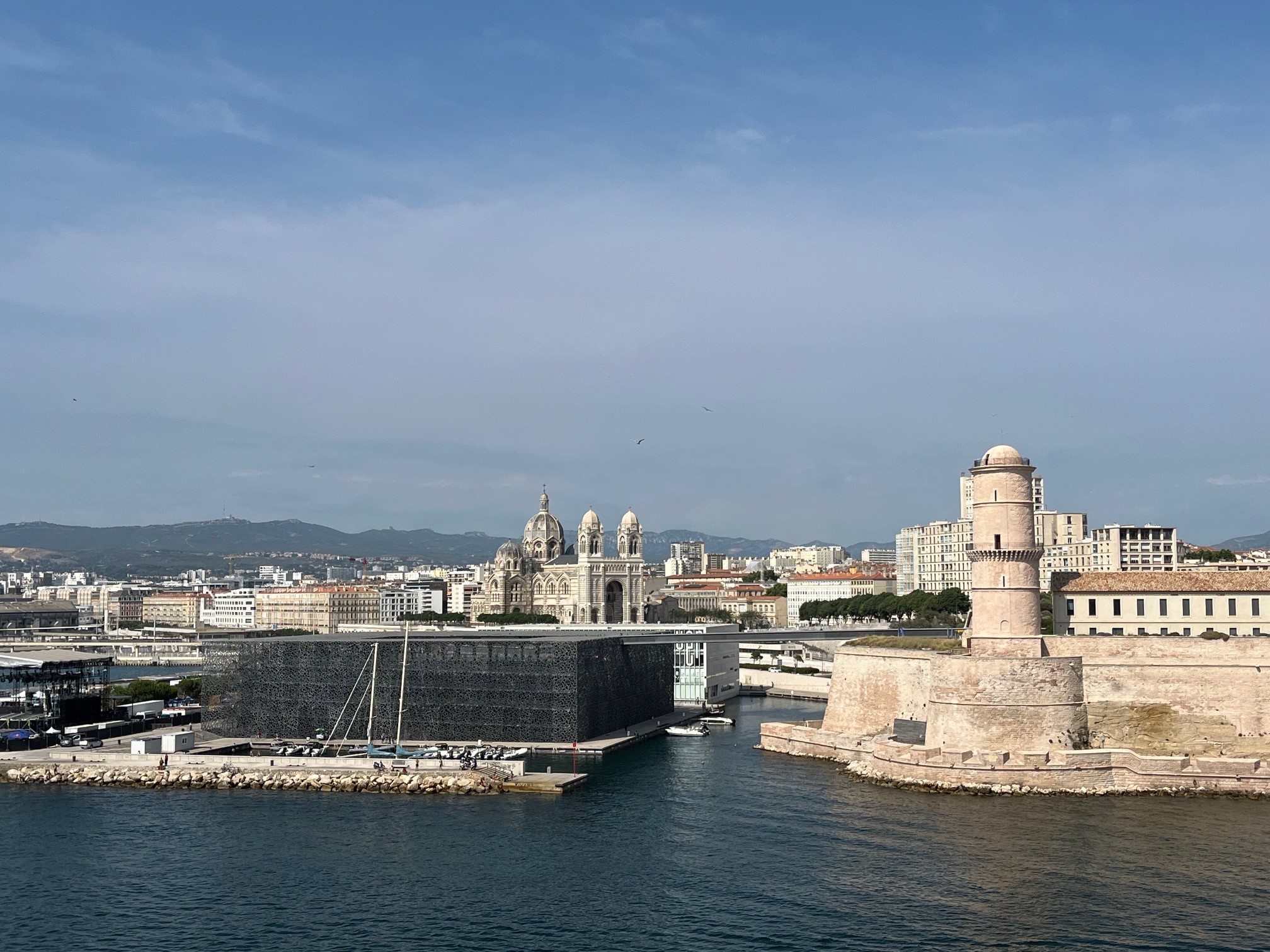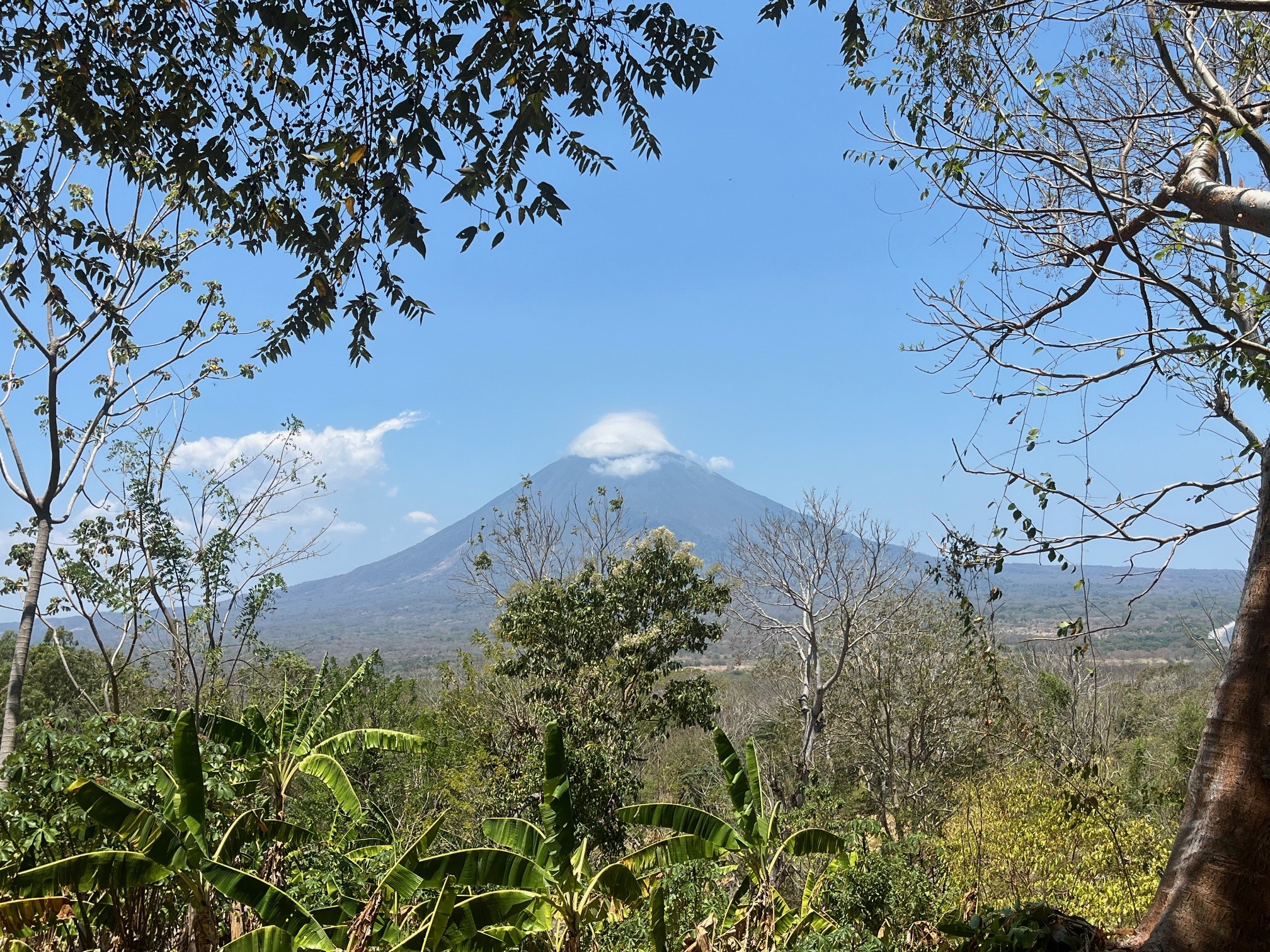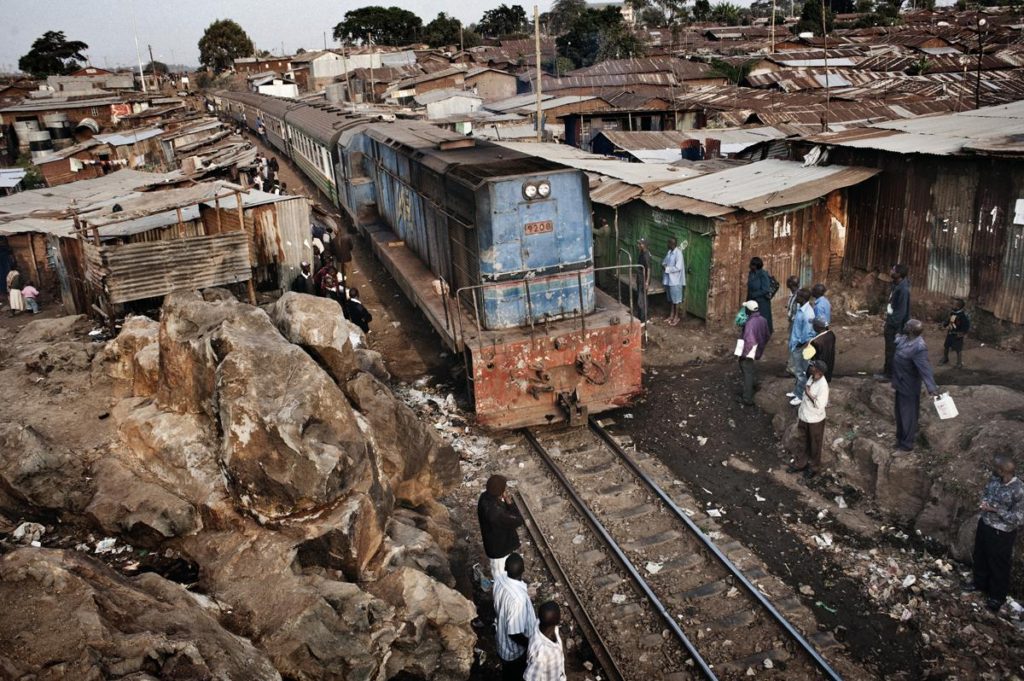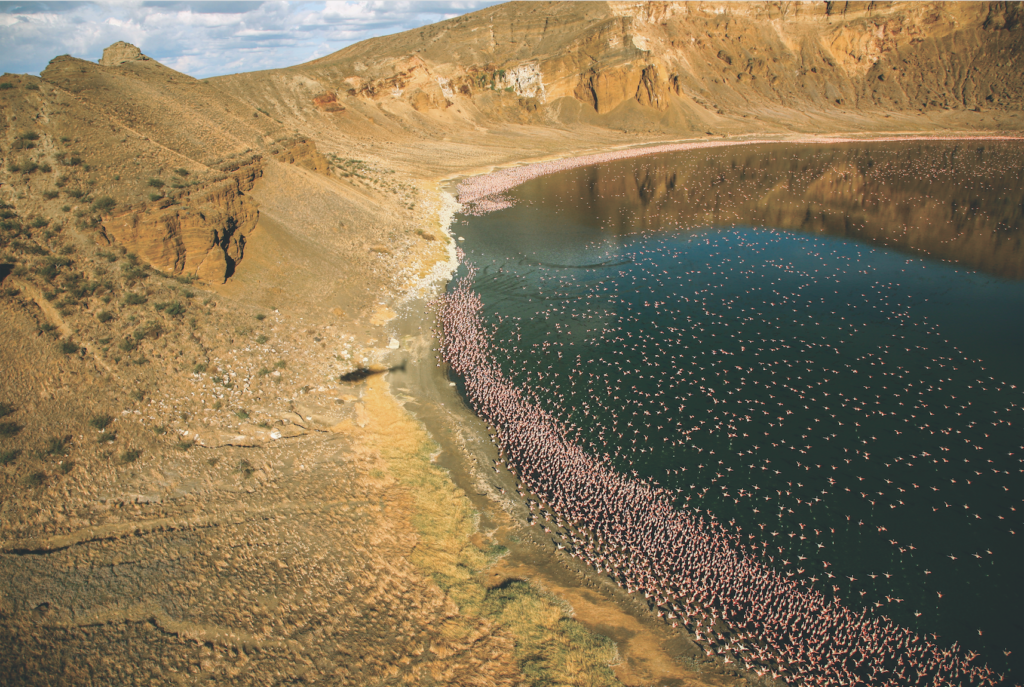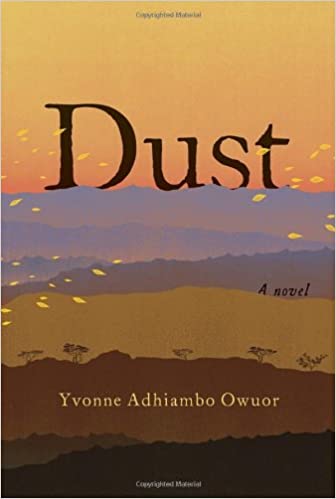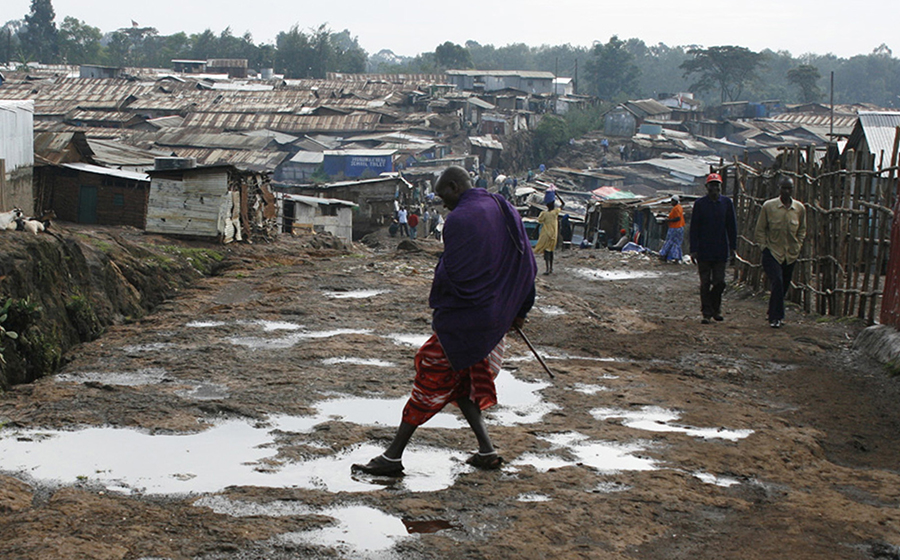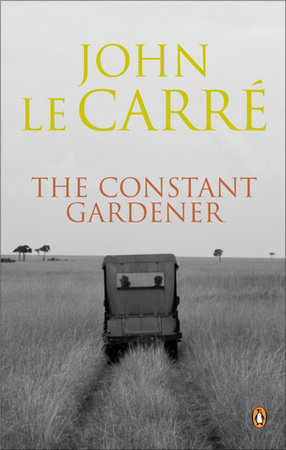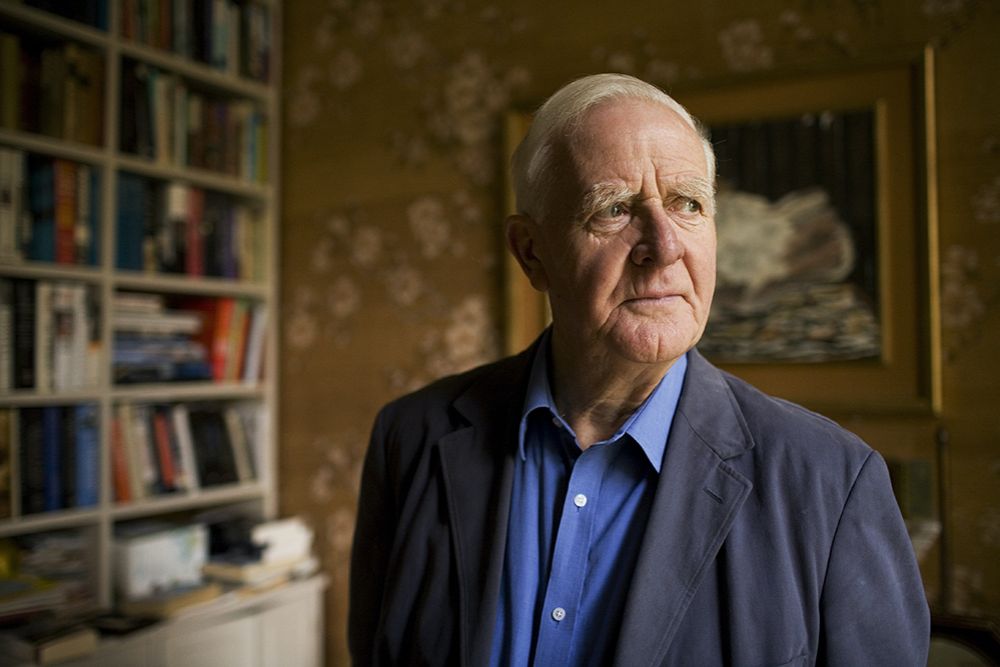I have been several times to Kenya, but I can’t say I know the country well. I was often passing by Nairobi and its surroundings, but only for a few days. I remember the best pineapple I have ever tasted, all juicy, cut with a machete, directly in a field near Thika. I also remember the bus drive from Nairobi to Arusha in Tanzania during which we had plenty of time to admire Mount Kilimanjaro on top of which we would climb a few days later. Many years later, on an early flight from Nairobi to Maputo, I stayed for long minutes with my face against the window, contemplating Africa’s roof in the morning light.
I have just read two novels set in part in Nairobi and for the other part in Northern Kenya, around Lake Turkana. One, a Kenyan writer’s first novel, opened my eyes to the country’s tumultuous history, while the other one allowed me to learn more about the work of one of the giants of British literature who died recently.
Yvonne Adhiambo Owuor’s novel « Dust » is spellbinding even if a few pages are necessary to enter her multifaceted story and her style marked by short, chiseled sentenced sounding like the arid landscapes of the North. The novel starts in 2007 during the violent clashes shaking Kenya after disputed elections. Odidi Oganda is running for his life in Nairobi streets, with the police in pursuit. He is shot down. Nyipir, his father and Ajany, his sister, arrive, one from his house far away in the North and the other one from Brazil, to recognize the corpse at the morgue and take it for the burial close to Wuoth Ogik, the « house at the end of all travels » where the mother, Akai-Ma, awaits, broken by sorrow.
That house, built in colonial times by Hugh Bolton, a British intelligence officer and by Nyipir, his Kenyan orderly, is the gordian knot linking all the novel’s characters. As the Oganda family has not yet finished to bury their son, Isaiah Bolton appears, arriving from England in this inhospitable land, His mother just died and he wants to know more about his father, Hugh who vanished without leaving any trace before his birth. The story bounces from the colonial period and the British repression against the Mau-Mau rebels to the contemporary period and the fight against the regime’s corruption spearheaded by Odidi, also touching upon Tom Mboya’s assassination in 1969, signaling the end of illusions for the young Kenyan republic. Violence, lust, regrets and secrets merge into this tragedy powerfully written by Yvonne Adhiambo Owuor, at the end of a surprising journey in a country of which I had barely scraped the surface.
« The Constant Gardener » by John Le Carré, the English master of the spy novel, also opens with a murder: Tessa Quayle is found killed in a 4×4 next to Lake Turkana and her husband Justin, needs to identify her at the Nairobi morgue. Justin Quayle is a British diplomat with perfect manners but lackluster ambition. Outside of office hours and embassy receptions, all his attention goes to the flowers in his residence’s garden while Tessa, the much younger woman he just married, becomes revolted by the injustices experienced by the inhabitants of Kibera slum. Her activities go beyond the propriety that should suit diplomatic spouses when she focuses her interest too closely on the pills against tuberculosis distributed by a pharmaceutical consortium in some villages and neighborhoods.
What was Tessa doing on the shores of Lake Turkana? Was Dr Arnold Bluhm, the African doctor who was with her and vanished, her lover? Or did he kill her?
Some critics didn’t appreciate that John Le Carré moved away from the morally ambiguous characters who had made the success of his Cold War spy novels and that he relied on a scenario with a clear-cut dichotomy between good and evil. However, what I liked in this novel is Justin’s transformation. The self-effacing diplomat decided, out of love for Tessa, to lead a parallel inquiry to understand why she had been killed and denounce the scandal she had unearthed and that the Foreign Service was trying to cover-up. Justin’s transformation is also very well rendered in the movie inspired by the novel, directed by Fernando Meirelles with Ralph Fiennes and Rachel Weisz, and stunning views above Lake Turkana.



